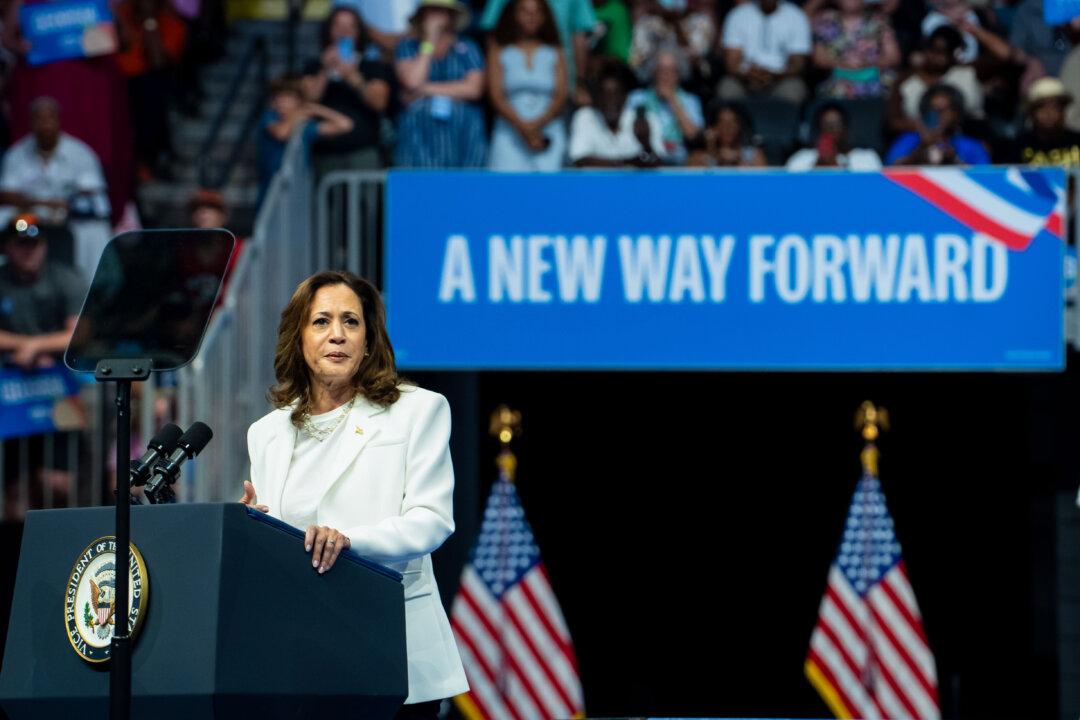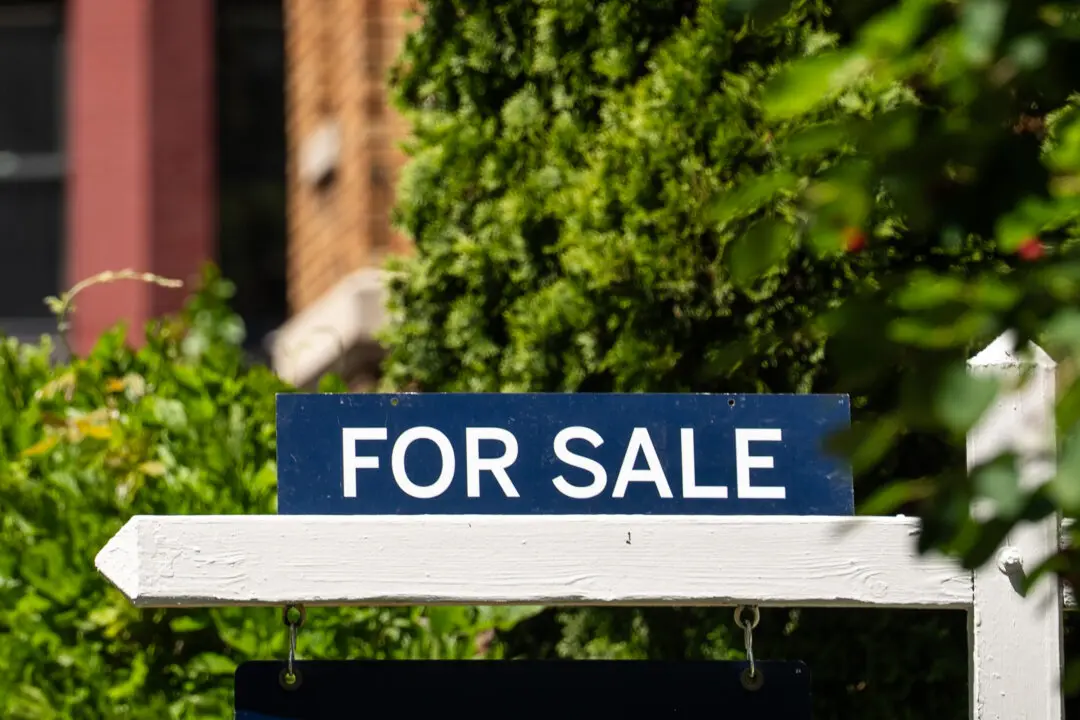Vice President Kamala Harris has outlined her economic proposals on her website, addressing a wide range of issues including taxation, inflation, raising the minimum wage, housing shortages, and cutting red tape.
It’s the first time the Harris campaign has outlined a detailed policy platform since President Joe Biden ended his reelection campaign and Harris became the Democratic nominee.





